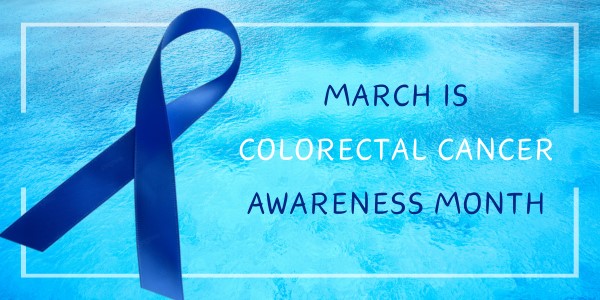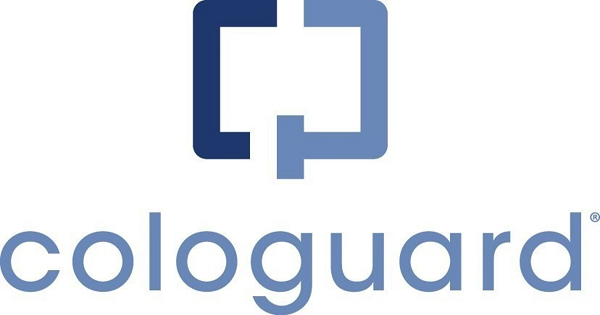Understanding Colorectal Cancer: Screening, Prevention, and Early Detection

Colorectal cancer, a prevalent form of cancer affecting the colon or rectum, remains a significant health concern in 2024. With an estimated 150,000 new cases projected for the year, it’s imperative to raise awareness about this disease, especially during Colorectal Cancer Awareness Month in March. Despite its prevalence, colorectal cancer is largely preventable and treatable, underscoring the importance of screening and early detection efforts. Let’s delve into the key aspects of colorectal cancer, from understanding its risk factors to promoting regular screenings for improved outcomes.
Importance of Screening
Regular screening for colorectal cancer is crucial because it can detect precancerous polyps before they develop into cancer or identify cancer at an early stage when treatment is most effective. The American Cancer Society recommends that individuals at average risk begin screening for colorectal cancer at age 45, while those with a family history or other risk factors may need to start even earlier. Common screening methods include colonoscopy and stool-based tests.
Early Detection Saves Lives
Early detection of colorectal cancer significantly improves the chances of successful treatment and survival. When colorectal cancer is detected at an early stage, the five-year survival rate is over 90%. However, if the cancer has already spread to nearby lymph nodes or other organs by the time of diagnosis, the five-year survival rate drops to around 14%. This stark contrast underscores the importance of regular screening and prompt follow-up if abnormalities are detected.
Risk Factors and Prevention
While colorectal cancer can affect anyone, certain factors can increase an individual’s risk. Age is a significant risk factor, with the majority of cases diagnosed in individuals over the age of 50. Other risk factors include a personal or family history of colorectal cancer or polyps, a history of inflammatory bowel disease such as Crohn’s disease or ulcerative colitis, a sedentary lifestyle, obesity, a diet high in red and processed meats, smoking, and heavy alcohol consumption.
Fortunately, many of these risk factors are modifiable, meaning there are steps individuals can take to reduce their risk of developing colorectal cancer. Lifestyle modifications such as maintaining a healthy weight, exercising regularly, and following a balanced diet rich in fruits, vegetables, and whole grains can help lower the risk. Additionally, avoiding tobacco and limiting alcohol intake can also contribute to colorectal cancer prevention.
Promoting Early Detection and Regular Screening

Public health campaigns and community outreach initiatives are instrumental in raising awareness about colorectal cancer screening and prioritizing individual health. By educating the public about the benefits of early detection and providing access to screening resources, we can collectively reduce the burden of colorectal cancer and save lives.
As part of these efforts, Community Quick Care is dedicated to encouraging regular screening and early detection of colorectal cancer. Our healthcare providers play a vital role in promoting screening by discussing its importance with patients. Additionally, we offer convenient options such as ColoGuard, which can be delivered directly to patients’ homes. This streamlined process ensures that patients can complete the test conveniently and effectively, contributing to early detection and improved health outcomes.
Understanding the significance of colorectal cancer screening, early detection, and prevention is crucial in combating this disease. By advocating for regular screening, identifying risk factors, and promoting healthy lifestyle habits, we empower individuals to take control of their colorectal health and potentially prevent colorectal cancer altogether. Together, let’s strive towards a future where colorectal cancer is no longer a leading cause of cancer-related deaths.
